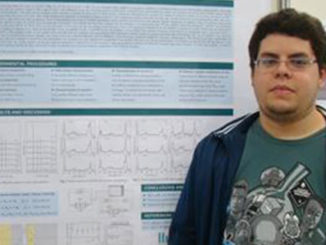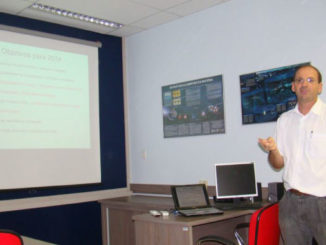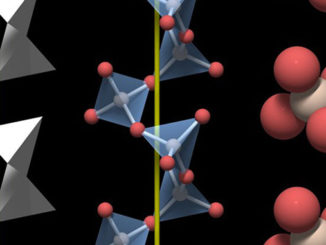
Abstract: Zinc oxide (ZnO) pure or doped are one of the most promising metal oxide semiconductors for gas sensing applications due the well-known high surface-to-volume area and surface conductivity. It was show that ZnO is an excellent gas-sensing material for different gases. In this context, pure and doped ZnO exhibiting different morphologies and a high surface/volume ratio can be a good option regarding the limitations of the current commercial sensors. Different studies showed that the sensitivity of metal-doped ZnO (e.g. Co, Fe, Mn,) enhanced its gas sensing properties. Motivated by these considerations, the aim of this study consisted on the investigation of the role of Co ions on structural, morphological and the gas sensing properties of nanostructured ZnO samples. ZnO and Zn1-xCoxO (0 < x < 5 wt%) thin films were obtained via the polymeric precursor method. The sensitivity, selectivity, response time and long-term stability gas sensing properties were investigate when the sample was exposed to different concentration range of ozone (O3), hydrogen (H2) and nitrogen dioxide (NO2) at different working temperatures. The gas sensing property was probed by electrical resistance measurements. The long and short-range order structure around Zn and Co atoms were investigate by X-ray diffraction and X-ray absorption spectroscopy. X-ray photoelectron spectroscopy measurement were performed in order to identify the elements present on the film surface as well as to determine the sample composition. Microstructural characteristics of the films were analyzed by a field-emission scanning electron microscope (FE-SEM).
Seminarista: Adriadne Catto, doutoranda do CCMC
Data e horário: Dia 29/10/2015, quinta-feira, das 10 h às 11 h
Local: Sala 14, Prédio Administrativo do IFSC (embaixo do anfiteatro Prof. Sérgio Mascarenhas)




